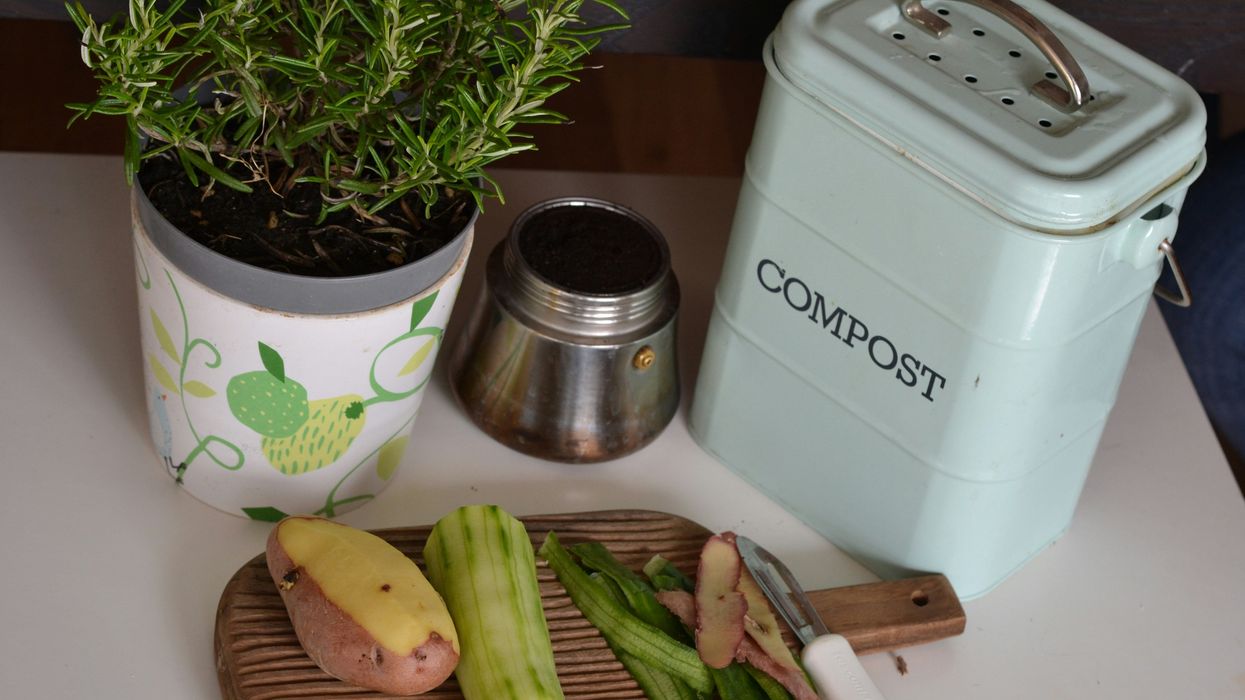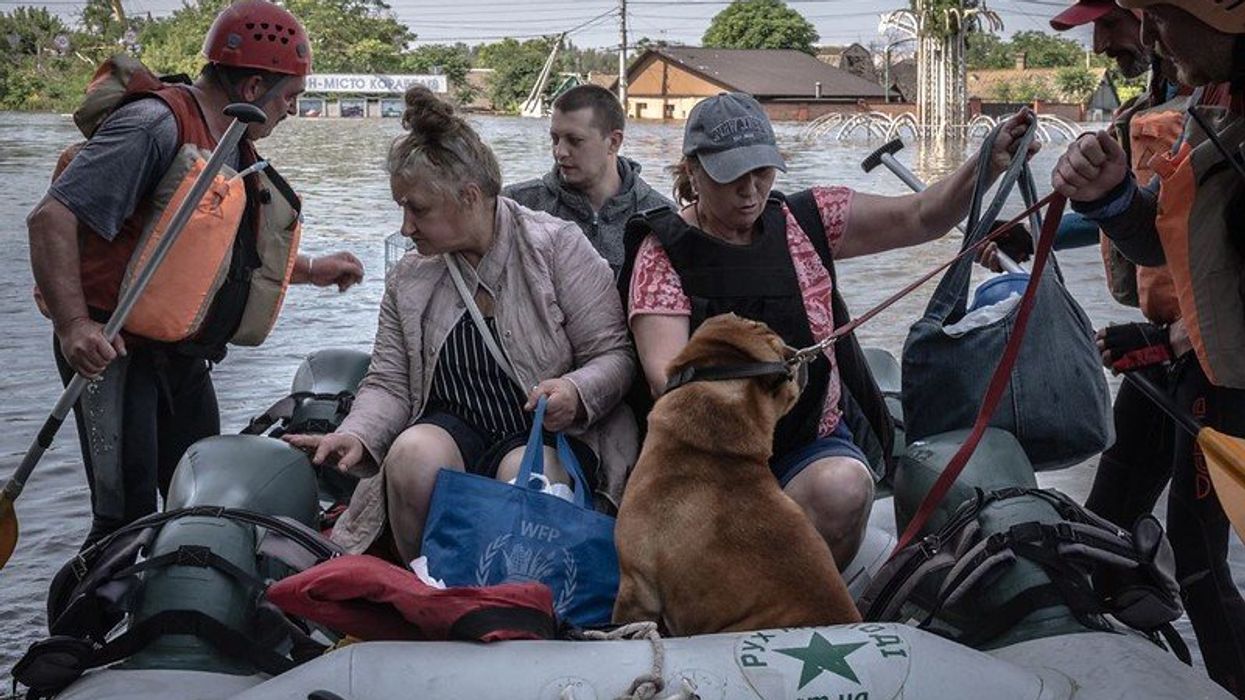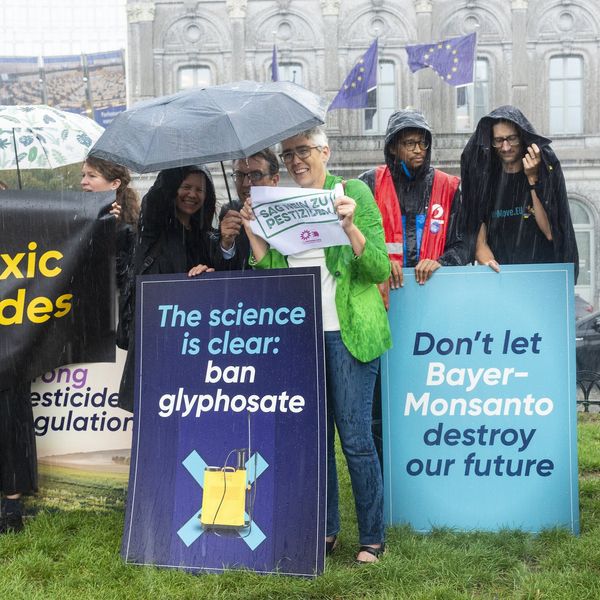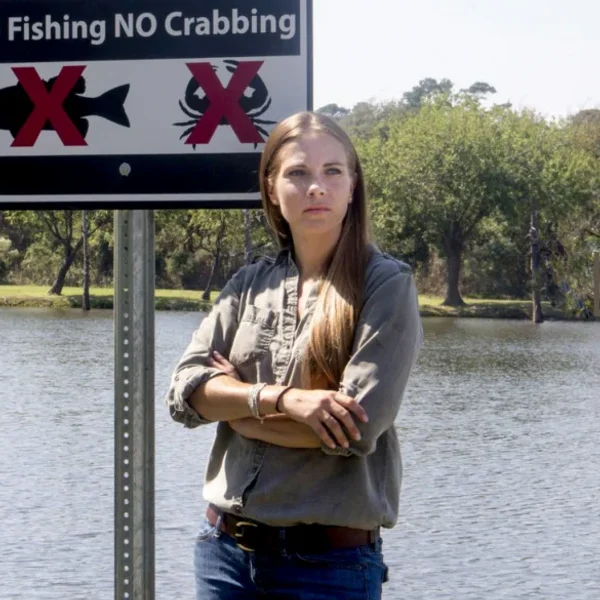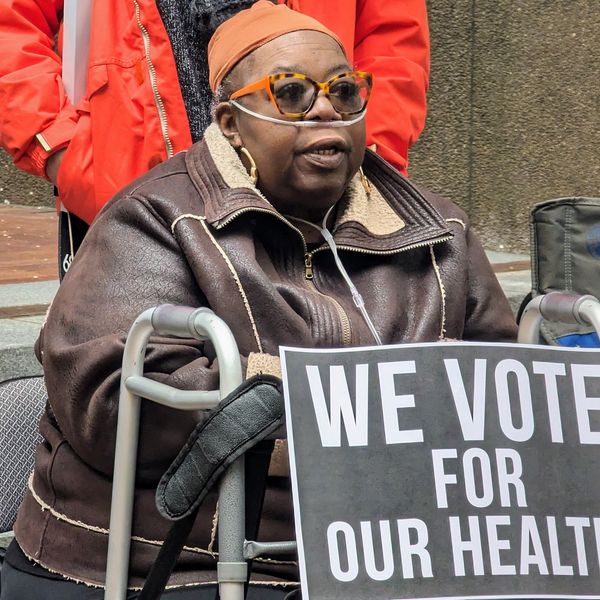Safer States is a national alliance of environmental organizations aimed to protect people from harmful chemicals. Most of the anticipated bills in their new report will deal with per- and polyfluoroalkyl substances (PFAS), water quality, plastics and cosmetics. The analysis estimates 35 states will introduce policies to ban PFAS chemicals in some of the chemicals’ uses.
And the policies will go beyond bans, such as food packaging, the authors write, and will include monitoring and testing of PFAS in water, sewage sludge (which is often spread on farms and can contain the chemicals), and labeling and restrictions in firefighting equipment.

Credit: Safer States
“Because of pressure from firefighters, farmers, and families there is a tremendous amount of momentum to address these threats from petrochemicals like PFAS and toxic materials like fossil fuel-based plastics,” said Sarah Doll, national director of Safer States, in a statement.
Last year there was a movement among companies to address PFAS contamination in their products, especially at outdoor retailers including Dick’s Sporting Goods and REI, and Minnesota passed the nation’s broadest ban to date. Washington state is currently recommending bans on PFAS in clothing, cleaning products and car washes.
The new report estimates at least 25 states will consider laws addressing plastic pollution and waste, and at least 15 states will consider policies on harmful chemicals in cosmetics.
Other legislative priorities include microplastics in drinking water and chemical disclosure.
“Allies across the country are actively pushing for retailers to eliminate more toxic chemicals and plastics from the products on their shelves and move to safer solutions across the board,” Cindy Luppi, national field director of Clean Water Action, said in a statement.
See the full report.
- Microplastics in farm soils: A growing concern ›
- What are PFAS? ›
- IN DEPTH: First-of-its kind testing points to dangers and unknowns of PFAS in clothing ›
- Starbucks will eliminate all PFAS in its packaging ›
- Dick’s Sporting Goods bans PFAS in its clothing and other textiles ›
- Colorado is the first state to ban PFAS in oil and gas extraction ›
- Outdoor brands phase out PFAS, “forever chemicals,” ahead of state bans ›















